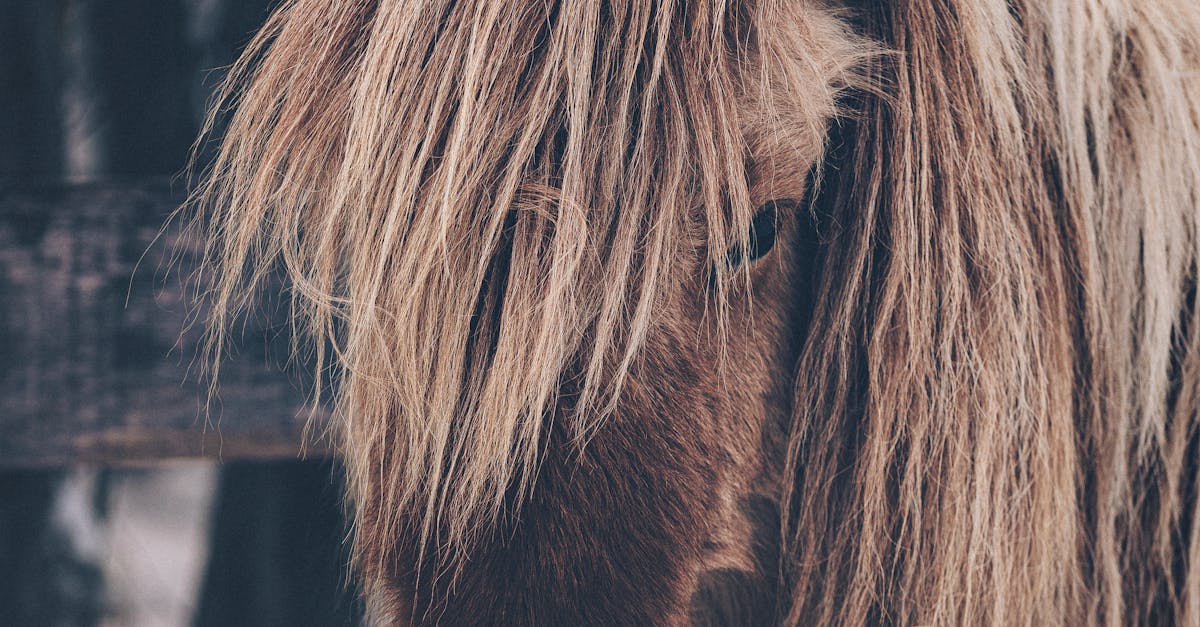Have you noticed your cat acting uncomfortable while eating or avoiding their food altogether? Tooth resorption is a common but often overlooked dental issue in cats. It can cause pain and discomfort, leaving pet owners worried and unsure of what to do. Understanding the signs, causes, and treatment options can make a big difference in your cat’s quality of life.
⚠️ What to Watch For
Tooth resorption in cats can be tricky to spot because cats are experts at hiding pain. However, there are some signs you can look out for that might indicate a problem with their teeth.
- Difficulty eating or chewing
- Dropping food from their mouth
- Pawing at their face or mouth
- Excessive drooling
- Bleeding or swollen gums
- Decreased appetite or weight loss
- Bad breath
If you notice any of these signs, it’s a good idea to schedule a veterinary check-up. Early detection can help prevent further pain and complications.
🔍 Possible Causes
Tooth resorption, also called feline odontoclastic resorptive lesions (FORLs), occurs when the structure of a tooth begins to break down and is eventually replaced by bone. This process is not fully understood, but researchers believe it may be linked to several factors:
- Genetics: Certain breeds, such as Siamese and Persian cats, may be more prone to tooth resorption.
- Inflammation: Chronic inflammation in the mouth may trigger the condition.
- Nutritional imbalances: A diet lacking in essential nutrients could contribute to dental issues.
- Age: Tooth resorption is more common in older cats, typically over the age of four.
While the exact cause remains unclear, regular dental care can help reduce the risk and severity of the condition.
✅ What You Can Do at Home
Maintaining your cat’s oral health is one of the best ways to prevent dental problems, including tooth resorption. Here are some practical steps you can take:
- Brush your cat’s teeth regularly using a cat-safe toothbrush and toothpaste.
- Offer dental treats and toys designed to reduce plaque and tartar buildup.
- Provide a balanced diet with the nutrients your cat needs for overall health.
- Schedule regular dental check-ups with your veterinarian.
While these steps won’t reverse tooth resorption, they can slow its progression and improve your cat’s overall oral health.
💡 When to Call a Vet
If you suspect your cat has tooth resorption, it’s important to consult a veterinarian as soon as possible. Left untreated, the condition can cause significant pain and lead to other health problems. A vet can perform a thorough dental exam, often including X-rays, to diagnose the issue and recommend the best course of action.
Treatment for tooth resorption typically involves extracting the affected tooth to relieve pain and prevent further complications. While this may sound daunting, most cats recover quickly and feel much better after the procedure.
Remember, your vet is your best resource for managing your cat’s dental health. Don’t hesitate to reach out if you have concerns.
FAQs
Q: Is tooth resorption common in cats?
A: Yes, tooth resorption is a common dental condition in cats, especially those over four years old. It’s estimated that more than half of cats will experience it at some point in their lives.
Q: Can I prevent tooth resorption in my cat?
A: While you can’t completely prevent tooth resorption, regular dental care, a balanced diet, and routine vet check-ups can help reduce the risk and catch the condition early.
Book a $49 online vet consultation at https://www.dialavet.com for fast, expert advice.























